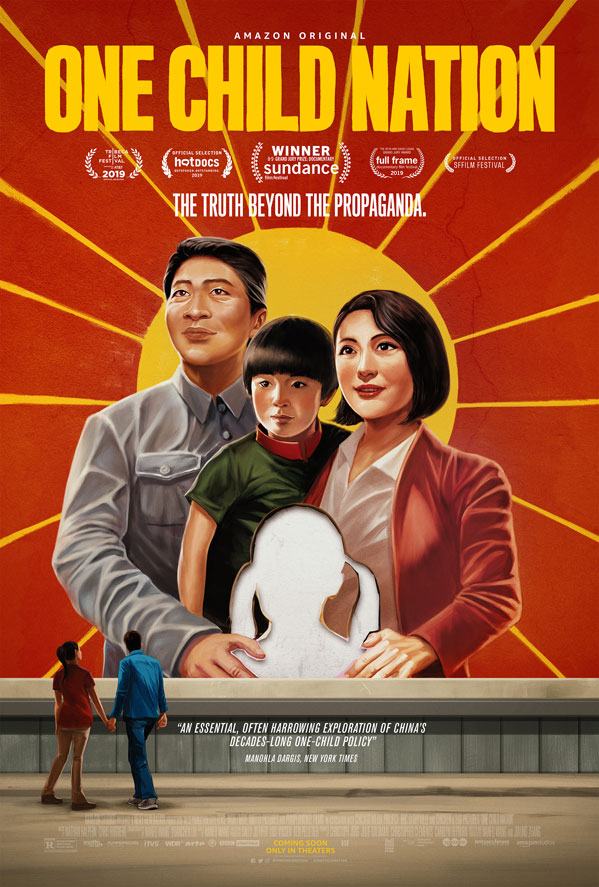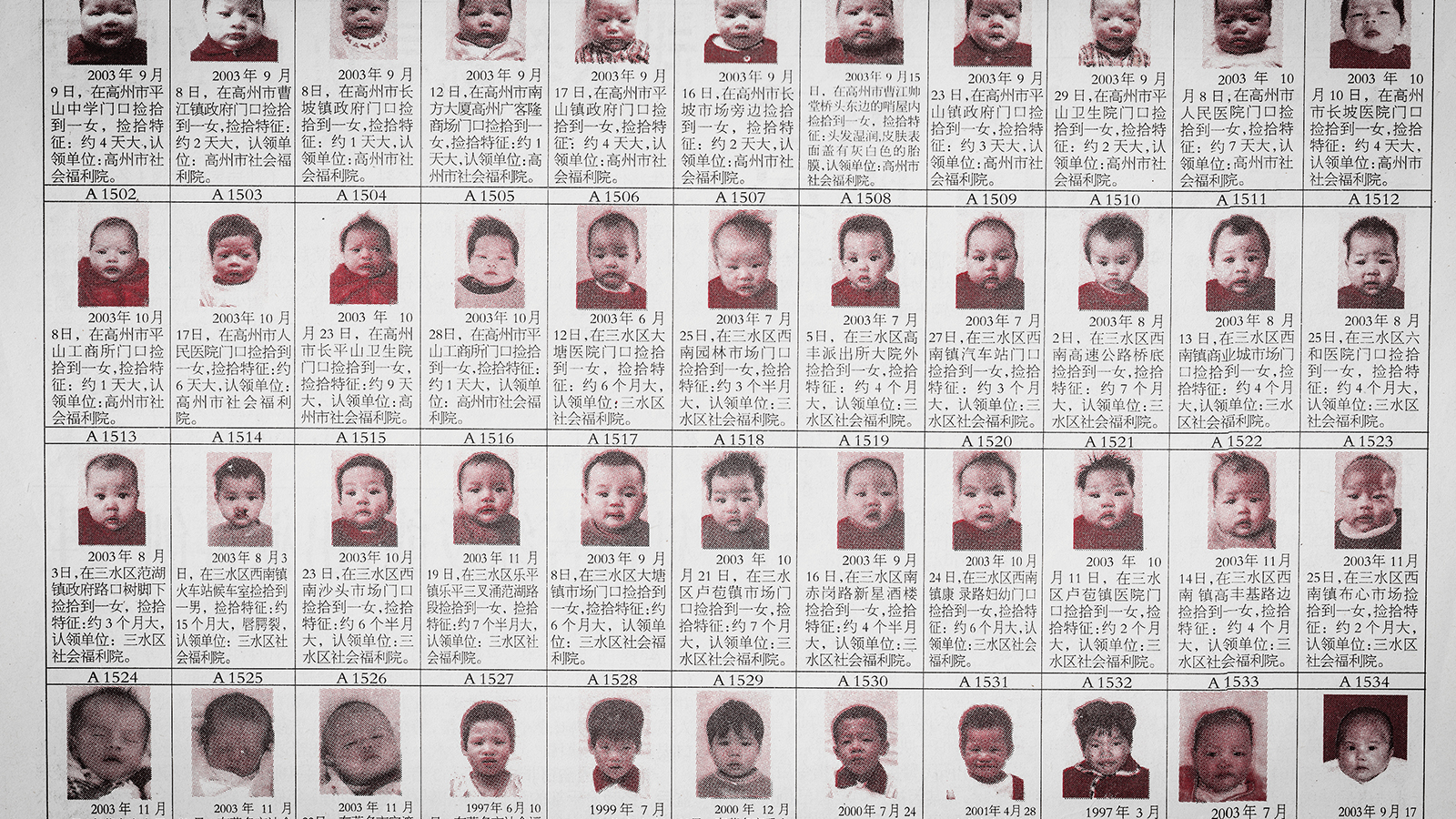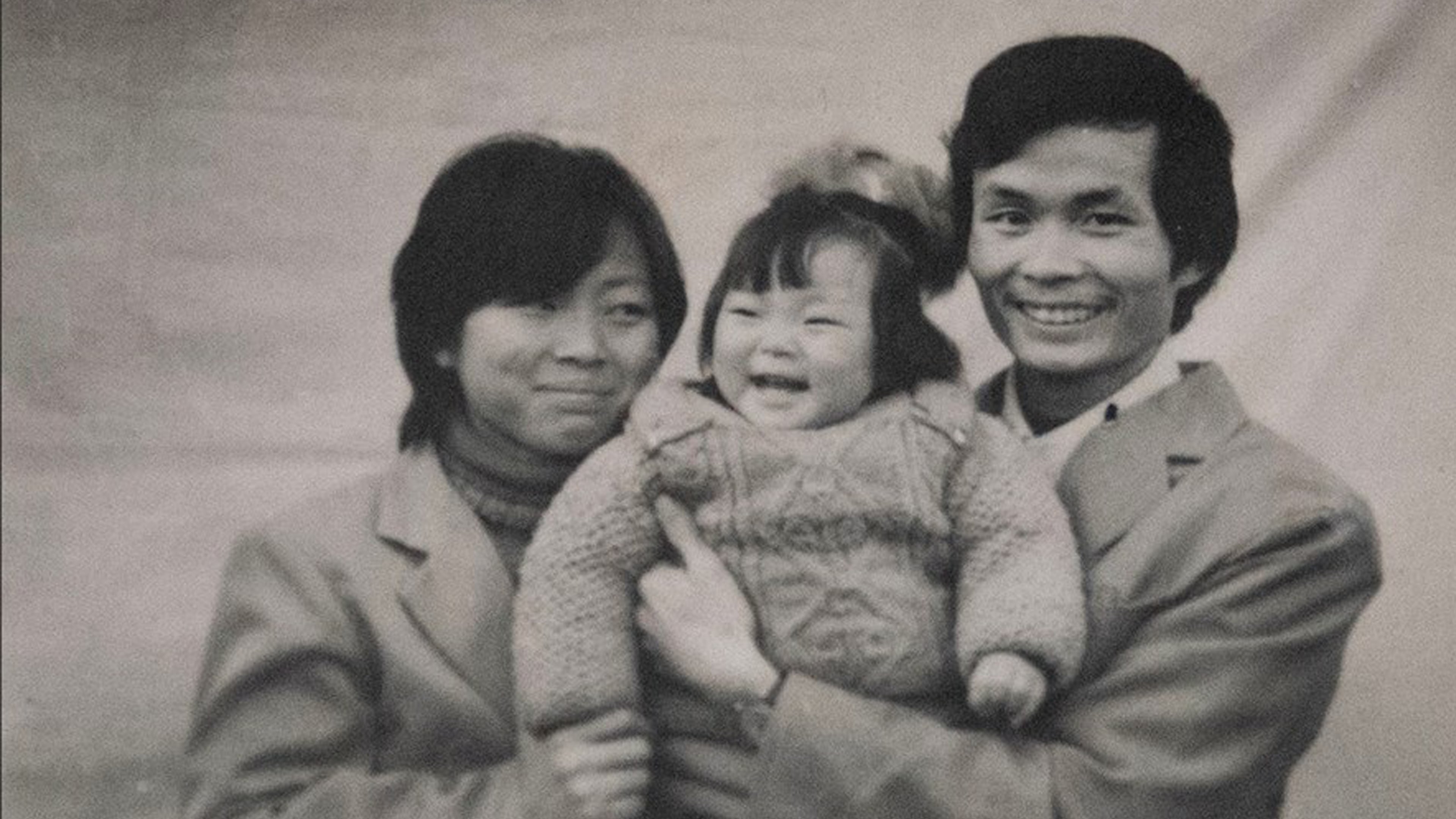By Glenn Dunks
 When introducing One Child Nation at a recent screening at the Sydney Film Festival, co-director Zhang Lynn noted that all of the Chinese crew were of the generation born to the nation’s one child policy. For both Lynn and her directing partner Nanfu Wang, this searing documentary is clearly more than just an examination of their homeland’s shameful history, but a personal exorcism of sorts. A cleansing for themselves and their subjects, many of whom Wang and Zhang force to confront the demons that have haunted them for decades.
When introducing One Child Nation at a recent screening at the Sydney Film Festival, co-director Zhang Lynn noted that all of the Chinese crew were of the generation born to the nation’s one child policy. For both Lynn and her directing partner Nanfu Wang, this searing documentary is clearly more than just an examination of their homeland’s shameful history, but a personal exorcism of sorts. A cleansing for themselves and their subjects, many of whom Wang and Zhang force to confront the demons that have haunted them for decades.
With just two films to her credit about China, Wang has become an important name in the documenting of contemporary Chinese society...
Breaking through with the significant Hooligan Sparrow (which reached the shortlist stage of the Oscar nominations) about the state surveillance of a human rights activist, she reaches for something even bigger with One Child Nation, a film that tackles the very soul of a country at an up-close level. When her camera lingers on the faces of people who tell stories of mass forced abortions and sterilization, it strikes at something far more insidious and bigger than just a remnant or memory of Wang’s own youth.

Her work here is journalistic as it was in Hooligan as she and Zhang travel across oceans from their homeland to their adopted homes in American to reach... not closure, but maybe acceptance? Understanding? They meet with family, doctors (one of whom labels herself “the executioner”, performing an estimated 50,000 to 60,000 enforced abortions and sterilizations, or 20 per day), child traffickers and Utahan home investigators trying to reconcile siblings separated by adoption. The pair also interrogate how the one child policy began and how it was allowed to prosper through the use of cannily choreographed propaganda – and then later how those same tactics were utilised once the policy was dropped as late as 2015. The audience hears stories of how young girls were born and placed in baskets to be left at fish markets and set down river. Perhaps unsurprisingly, many of the generation before Wang and Zhang’s still believe the policy was for the best, a means of keeping national starvation at bay no matter the psychological toll it took on its countrypeople.
Through it all, Wang is repeatedly shown through her own motherhood, her impetus for making the film in the first place, as she pushes her newborn child in a pram through the streets of her Chinese hometown entirely aware of the fact that she is likely being monitored by the government – at her post-film Q&A, Zhang noted that they kept a tracker on Nanfu at all times when she was filming in China; the result of being a filmmaker telling controversial truths outside of the system that is still very much censoring its artists despite how well dramatic filmmakers like Jia Zhang-ke, for instance, are able to toe the line of acceptability.

Naturally it is sadly all too easy to make the leap from One Child Nation to the contemporary day of Nanfu’s adopted homeland of America and so many other places western or otherwise. After all, the word “choice” comes up all too often, a word that today hold connotations of a different side of the abortion issue. “What choice did I have?” they ask. But as we see woman after woman across all ages of the spectrum detail how China’s policies affected them emotionally and physically, the policy’s very pointed sexism comes into even starker focus. If anything, One Child Nation is an indictment of what can happen when governments are allowed to manipulate and obstruct bodies, the most personal thing we have in this life. And as Wang and Zhang’s film concludes with images of Wang’s young child, we very clearly get the sense that while the one child policy may be officially over, its effects will be long-lasting. And just like any other time the government tries – often successfully – to police their bodies, women will be forced the bear the brunt of it. In what can only really be described as a faintest of silver linings, at least filmmakers like Nanfu Wang and Zhang Lynn are there to tell their stories.
Release: Out this weekend in limited release before being released through Amazon some point in the future. I admit my understanding of Amazon's movie releasing is minimal.
Oscar chances: A threat for the win. It's topical and contemporary, it's well-made, Nanfu Wang is respected with roots in America, and it has Amazon behind it (although will their coffers be able to afford campaigns?). I've been predicting it to win since I first saw it. It's wins at Sundance can't hurt and I imagine it'll do well in year end awards considering Netflix docs (The Edge of Democracy, American Factory, The Great Hack and Knocking Down the House most predominantly) don't actually seem to do all that well with critics prizes for whatever reason (Icarus, for instance, only got a single solitary regional critics group nomination; likewise Strong Island and What Happened Miss Simone?)